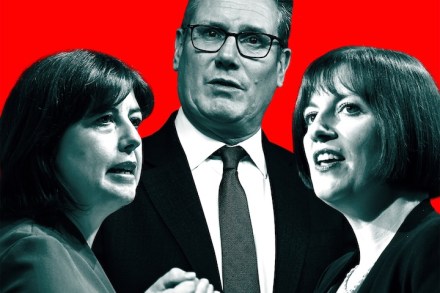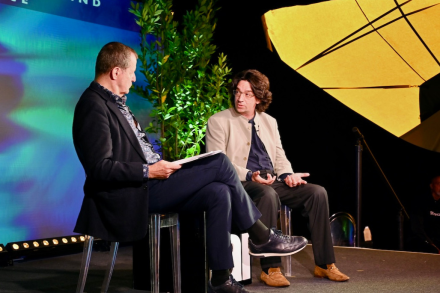Manchester attack: Michael Gove on the rise of antisemitism
24 min listen
On today’s Coffee House Shots, Tim Shipman is joined by Michael Gove to reflect on the terrorist attack at Heaton Park Synagogue in Manchester, which left two people dead. They discuss how the Jewish community has long warned of rising anti-Semitism, often forced to fund its own security, and how inflammatory rhetoric on recent pro-Palestinian marches has deepened the sense of vulnerability. Michael warns that Britain remains naive about Islamist ideology and risks only ever reacting to violence, rather than preventing it. While there are capable people in government and the security services, he says, real leadership is needed to confront the ideology that fuels attacks before more tragedies occur.




















